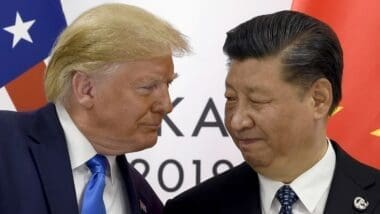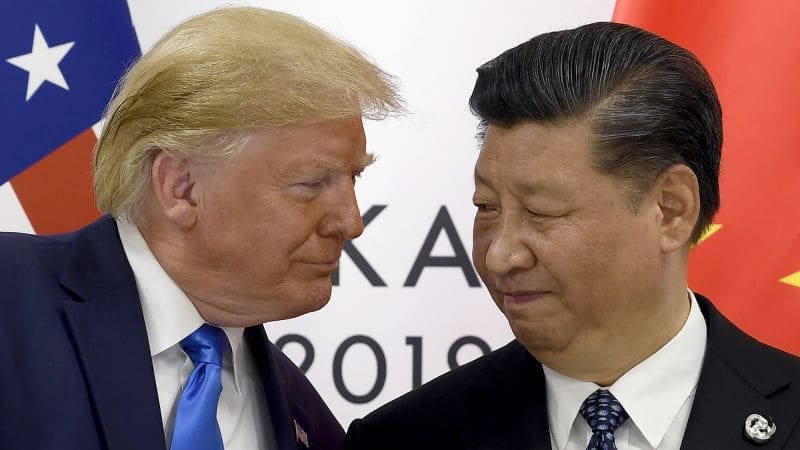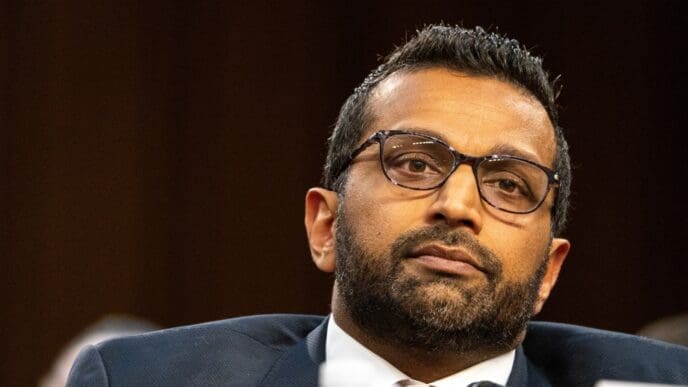In an unprecedented move, President-elect Donald Trump extended an invitation to Chinese President Xi Jinping to attend his upcoming inauguration. However, it has now been confirmed that Xi will not be attending, a decision that has drawn widespread attention and speculation.
The prospect of Xi Jinping attending Trump’s inauguration raised eyebrows across both domestic and international political circles. Xi’s attendance would have symbolized a remarkable diplomatic coup for Trump, signaling a potential thaw in the tense relationship between the United States and China. Yet, such a scenario was deemed implausible from the outset, considering the implications for China’s global image and power dynamics.
Xi’s presence at the ceremony would have inherently suggested an endorsement of a democratic transition of power, a concept fundamentally opposed by the Chinese Communist Party. Moreover, it would have placed Xi in a position of vulnerability, having to witness Trump’s speech without a platform to respond. For Xi, attendance could have been perceived as a concession to American dominance, conflicting with his vision of China as an assertive global power poised to rival the United States.
Trump’s decision to extend this invitation highlights his unorthodox approach to international relations, characterized by grand gestures and a penchant for breaking diplomatic norms. Such unpredictability, while criticized by some, is viewed by Trump as a means to disrupt status quos and foster new diplomatic openings.
Despite Xi’s expected absence, Trump’s invitation remains significant. It reflects his confidence and willingness to leverage personal diplomacy as a tool for foreign policy, even as he assembles a team of officials known for their hawkish views on China. These contrasting approaches within Trump’s administration raise questions about the underlying strategy towards China.
Trump’s relationship with China has been marked by contradiction. While expressing admiration for Xi’s leadership qualities, Trump has simultaneously criticized China’s economic practices, which he contends have been detrimental to the United States for decades. This dual stance complicates his foreign policy, creating ambiguity in how allies and adversaries perceive U.S. intentions.
Recent developments indicate escalating tensions, with China preparing countermeasures against Trump’s policies, including the imposition of tariffs and regulatory actions against American firms. This ongoing trade conflict underscores the fraught nature of U.S.-China relations, where economic and geopolitical interests are increasingly intertwined.
As Trump continues to navigate these complexities, his initial outreach to Xi can be seen as a strategic gambit—a chess move in a broader game where both nations vie for supremacy in the Pacific and beyond. The true challenge lies in whether Trump’s rhetoric will translate into concrete diplomatic achievements that benefit the United States.
Trump’s invitation to Xi Jinping, despite its apparent failure, is emblematic of his distinctive approach to diplomacy: one that is bold, unpredictable, and often controversial. While Xi’s absence reaffirms China’s stance, the invitation itself serves as a reflection of Trump’s intent to reshape international norms and challenge conventional diplomacy.














